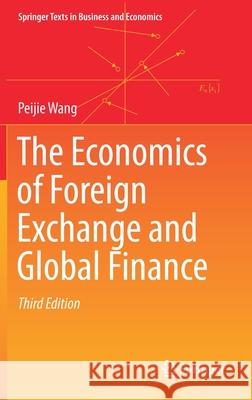The Economics of Foreign Exchange and Global Finance » książka
topmenu
The Economics of Foreign Exchange and Global Finance
ISBN-13: 9783662592694 / Angielski / Twarda / 2020 / 487 str.
Kategorie:
Kategorie BISAC:
Wydawca:
Springer
Seria wydawnicza:
Język:
Angielski
ISBN-13:
9783662592694
Rok wydania:
2020
Wydanie:
2020
Ilość stron:
487
Waga:
0.87 kg
Wymiary:
23.39 x 15.6 x 2.69
Oprawa:
Twarda
Wolumenów:
01
Dodatkowe informacje:
Wydanie ilustrowane











